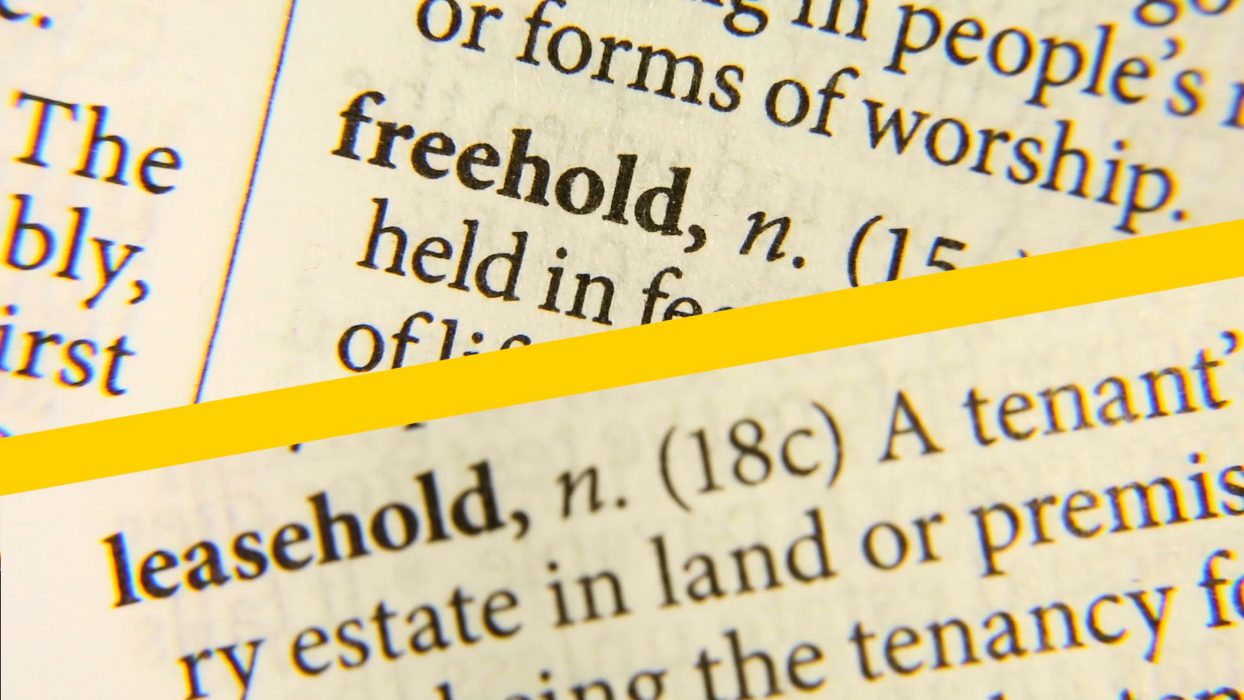Investing in a condo in Pattaya appeals to many — whether you’re seeking a relaxed beach lifestyle or adding an income property to your portfolio. Before making a purchase, it’s essential to understand the differences between freehold and leasehold arrangements, as well as the laws that apply to each. These factors can significantly influence your decision in the Pattaya real estate market.
Foreign Ownership of Condos
In Thailand, the only way a foreigner can legally own property outright is through a freehold arrangement. Under the Condominium Act B.E. 2522 (1979), foreign freehold ownership is permitted for up to 49% of the total condo units and common property co‑ownership. Always check whether a development has met its foreign quota before proceeding.
For guidance on choosing between property types, see Find Your Fit: Condo or House.
Leasehold vs. Freehold: The Key Differences
Think of the difference like leasing versus buying a car:
- Freehold — You own the property outright.
- Leasehold — You have occupancy and certain rights for a set number of years.
Benefits of Freehold Purchases
- Control & Modifications — Freedom to renovate and make decisions within the condo complex.
- Voting Rights — Influence over building management and maintenance.
- Transfer & Sale — Pass the property to family or sell at will.
- Fee Limits — Avoid certain charges leaseholders may face.
Benefits of a Leasehold Arrangement
- Re‑renting Rights — Ability to sublet when unoccupied.
- Lower Transfer Fees — Typically 1% of the remaining lease value.
- Modification Flexibility — Some agreements allow changes without penalties.
- Ideal for Singles — No need to plan for inheritance; simply walk away or renew at term end.
Which Is Right for You?
Your choice between freehold and leasehold will depend on:
- Budget — Freehold often costs more upfront.
- Long‑term plans — Consider whether you want to pass the property on.
- Lifestyle — Decide if you prefer the permanence of ownership or the flexibility of a lease.
Conclusion
Understanding the differences between freehold and leasehold is key to making a smart purchase in Pattaya real estate. Both have advantages depending on your budget, lifestyle, and long‑term goals. Whether you’re focused on living in Pattaya full‑time or investing in Thailand property, knowing your rights and obligations will help you make a confident decision.
Author: Mr. KC Cuijpers
For more information: Please contact Town & Country Property – [email protected]




